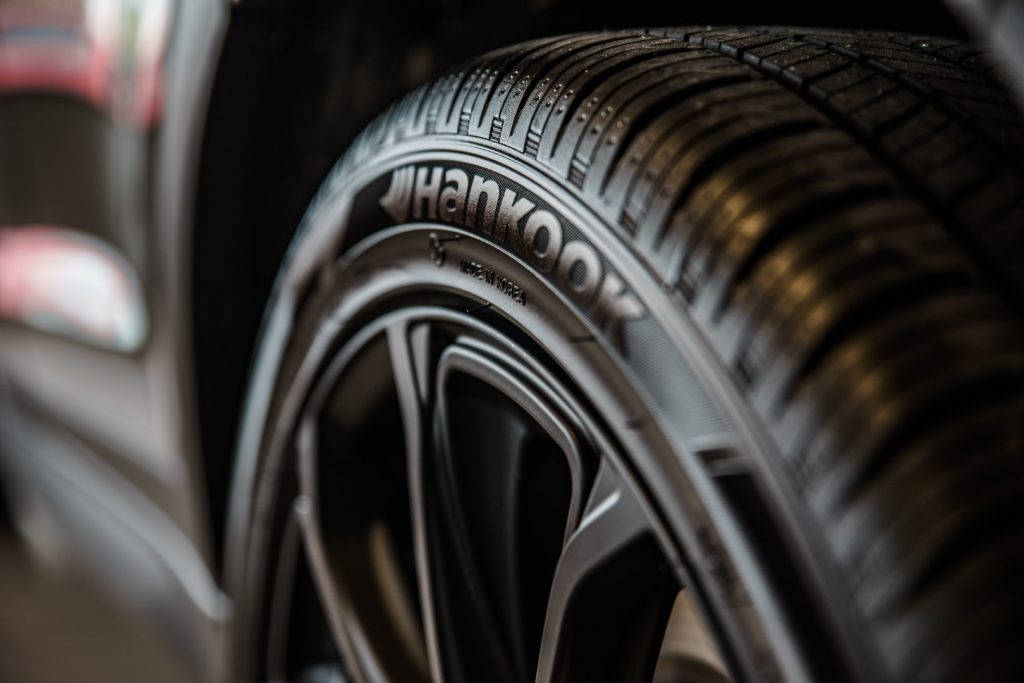Tyres are an essential part of your car’s safety and performance. Tyre pressure is the air pressure inside the tyre, and it should be checked regularly and before long journeys. The ideal tyre pressure for your car will depend on factors such as its weight, handling and load capacity. Tyres with not enough or too much air can make driving difficult and dangerous. If you’re unsure about what PSI (pounds per square inch) you need in your tyres, this blog post from RNM Tyres will help!
How do I check my tyre Psi?
The easiest and most convenient way to check your tyre pressure is by using the free tyre pressure station available at most service stations. If you don’t have one available, check the car’s manufacturer for a recommended tyre pressure. Tyre pressures should be checked when your tyres are cold as they increase as the temperature rises and can affect fuel consumption and safety.
How do I inflate my Tyres?
Tyre inflators are available at most service stations, as well as some supermarkets and garages. These can be used to pump up your tyres quickly if needed! The PSI of your tyres will vary depending on their type, so make sure you check the car’s manual.
What happens when my Tyres are over or underinflated?
It’s dangerous to have either too little or too much pressure in your tyres. Overinflated tyres could burst if you hit a pothole, for example, but underinflated tyres will wear out faster than usual, causing additional costs! Tyres with low air pressure are more likely to get damaged when driving, while high PSI can reduce fuel economy and grip on the road.
There is no perfect PSI level for all cars, so it’s important to check yours regularly. You should check your tyre pressure a minimum of once per month, but before long journeys, this increases to twice-monthly, which means checking them after every 500 miles of travel! If your car has an electronic tyre-pressure monitoring system, then drivers may not need to check their PSI as often.
Under-inflated tyres will reduce fuel efficiency and increase the risk of a tyre puncture. Tyres with too much air pressure (overinflation) will cause the tyres to overheat, leading to premature wear or even explosion! If you’re not sure what your PSI should be, then check out this helpful chart below:
You can find the ideal tyre pressure for your car in the table below. Use this as a guide but always check your car manual or seek the advice of RNM Tyres if you are unsure.
SMALL VEHICLES
Standard Car 30 – 36 Psi, optimal 32 Psi
Sports 32 – 38 Psi, optimal 36 Psi
Wagon32 – 40 Psi, optimal 38 Psi
Utility 32 – 40 Psi, optimal 36 Psi
MEDIUM VEHICLES
Standard Car, ideal range 32 – 40 Psi, optimal 36 Psi
Sports Car ideal range 32 34 – 42 Psi, optimal 40 Psi
Wagon 34 – 40 Psi optimal 38 Psi
Utility 32 – 44 Psi , optimal 40 Psi
LARGE VEHICLES
Standard Car 36 – 42 Psi, optimal 38 Psi
Sports 36 – 50 Psi, optimal 44 Psi
Wagon 38 – 46 Psi, optimal 42 Psi
Utility 40 – 50 Psi, optimal 44 Psi
If you are unsure about tyre pressure, need to replace your tyres or have any questions, send us a message or give the team at RNM Tyres a call on , and we will be happy to help you.

